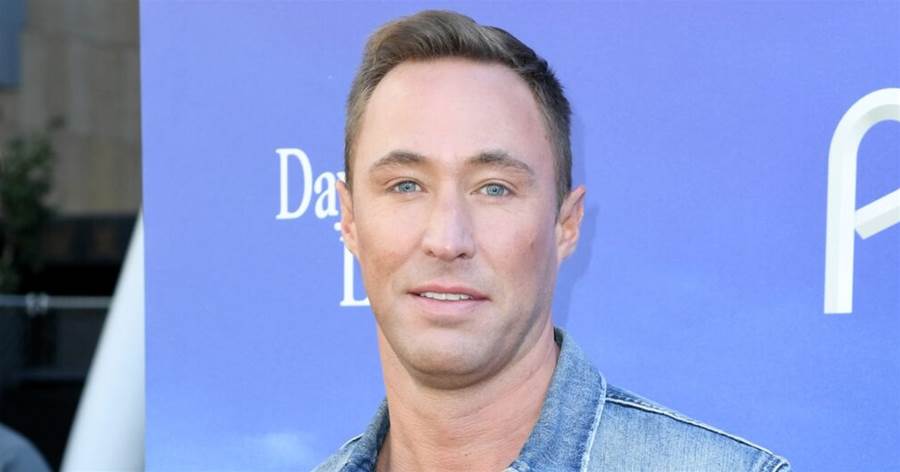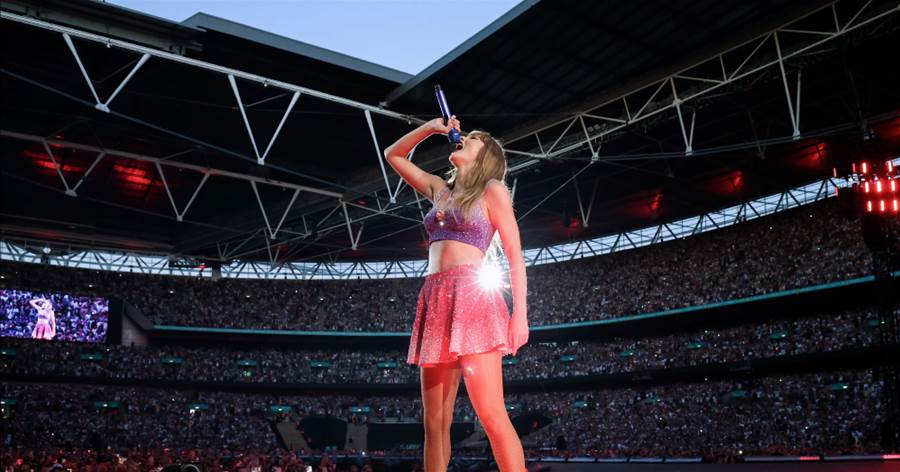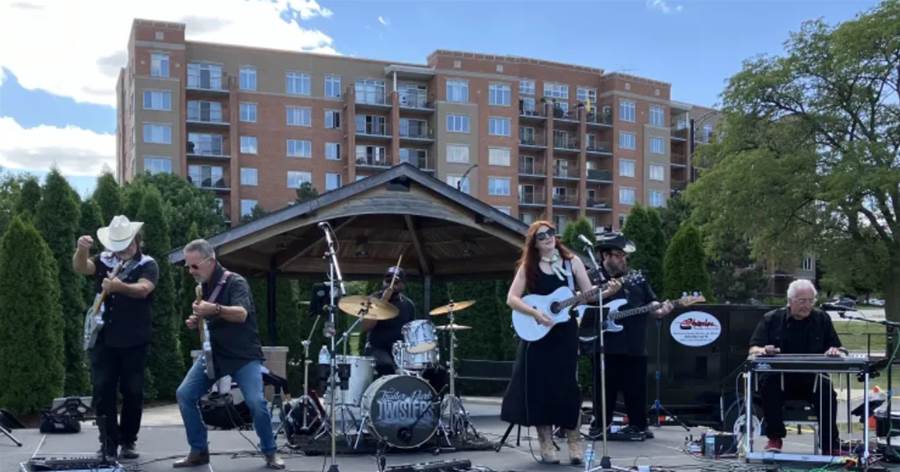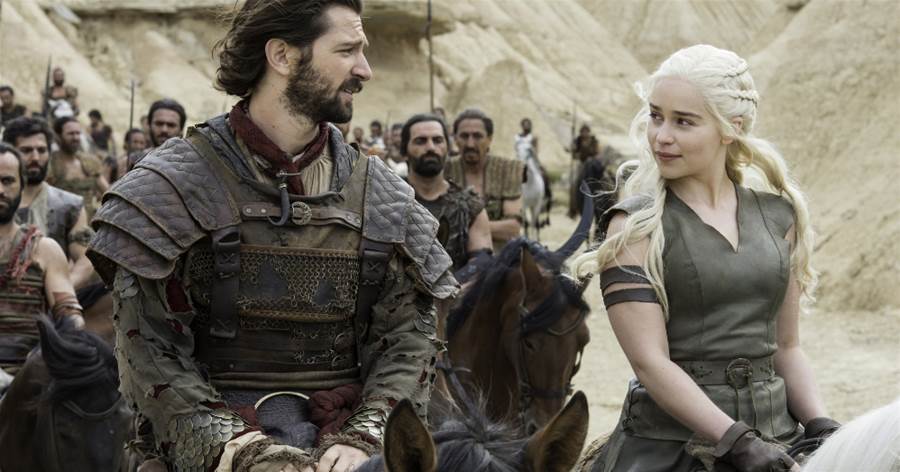
Surgery is undoubtedly a powerful tool in the treatment of colon cancer! Surgery is generally not a big problem for patients in stages I and II. Stages III and IV are divided into resectable and unresectable conditions based on specific conditions. Some unresectable patients may also become resectable after systemic treatment such as chemotherapy. . Cancer treatment is a comprehensive strategy, of which surgery is only one part, and most of it is just the beginning of treatment.
So, what are the things we need to consider and pay attention to after colon cancer surgery?

Do you need adjuvant chemotherapy? This is something to consider immediately after surgery. Tumors infiltrating within the muscular layer of the intestinal tract without lymphatic and distant metastasis are early stage, stage I, and do not require adjuvant chemotherapy after surgery; stage II is more complicated, and depends on whether there are high-risk factors (T4, nerve/vascular invasion, detection If the number of lymph nodes is ≤12) and the expression of microsatellite instability (which can be prompted by immunohistochemistry examination), chemotherapy is selected.
For example, if there are no high-risk factors and microsatellite instability is highly expressed, chemotherapy is not required; patients with stage III and stage IV generally I have to consider chemotherapy. Standardized treatment is based on evidence-based medicine and is beneficial to the patient's survival time. When chemotherapy is not needed, "intensified and consolidated" treatment may do more harm than good.
The article is not finished. Click on the next page to continue.
The article is not finished. Click on the next page to continue.
Next page


















